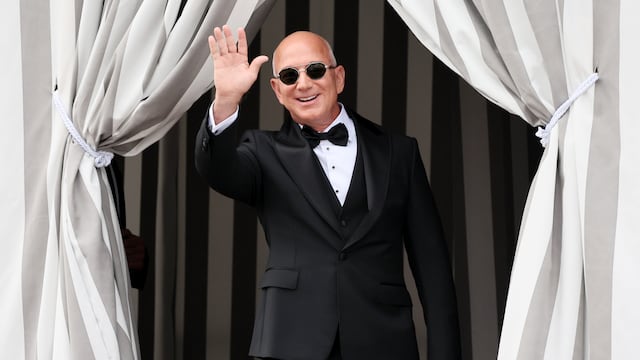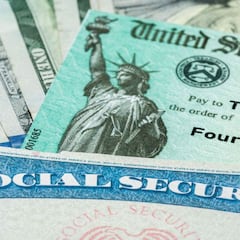Jeff Bezos is one of the richest people in the world. How much is his net worth? Here's the fortune of the founder of Amazon.

How much money does Amazon founder Jeff Bezos have? This is his huge fortune at 62 years old
Today, Jan. 12, Jeff Bezos turns 62. The Amazon founder has accumulated a massive fortune since founding the e-commerce giant in 1994. Today, Bezos is the second richest man in the world, second only to Elon Musk, the CEO of Tesla.
Although the tycoon stepped down from his position as CEO of Amazon on July 5, 2021, to become executive chairman of the company, his net worth exceeds $200 billion. According to the Forbes real-time billionaires list, accessed on January 11, Jeff Bezos has a net worth of $257.1 billion.
Jeff Bezos turns 62. pic.twitter.com/1TW01qRC80
— Pop Crave (@PopCrave) January 12, 2026
How Jeff Bezos made his huge fortune
Jeff Bezos built most of his wealth as the CEO and founder of Amazon. Similar to many other billionaires, his riches largely come from the stocks he owns rather than from his salary. Between 1998 and 2021, Bezos had a base salary of $88,840, with total compensation exceeding $1.6 million each year.
While this salary is considerably higher than what most Americans earn, it pales in comparison to his net worth, which exceeds $170 billion. Upon stepping down as Amazon’s CEO, Bezos owned 10.3 percent of the company’s stock, which accounts for the majority of his wealth. He currently owns just under 10 percent, according to recent estimates.
In addition to his stake in Amazon, Bezos owns The Washington Post and Blue Origin, an aerospace company that is developing rockets for commercial use, and is a New York Times best-selling author.
Accusations of monopolistic practices against Amazon brought by the FTC
However, practices that allowed Amazon to grow to its current size have come under scrutiny by the Federal Trade Commission, which accuses the e-commerce platform of being a monopoly. As President-elect Donald Trump prepares to enter the White House, Bezos has taken actions that align him more closely with the incoming administration. Bezos did not allow The Washington Post to endorse Vice President Kamala Harris in the 2024 election, and Amazon Video recently signed a $40 million deal with Melania Trump, which critics have accused of being a vehicle to buy favor with the first family.
In his role at the Post, Bezos censored a political cartoon created by longtime employee and Pulitzer Prize winner Ann Telnaes, which depicted Bezos and other CEOs kneeling in front of a statue of Donald Trump.
After Mark Zuckerberg's announcement that he is abandoning all fact-checking efforts, prioritizing his business over truth and democracy, and completing the tech moguls' total alignment with the Orange Ruler, let's re-publish again and again this censored @AnnTelnaes sketch: https://t.co/BwkQBINBj5
— Chappatte Cartoons (@PatChappatte) January 8, 2025
As the inauguration approached, more business leaders contributed to the event fund and took action to curry favor with the new administration. Telnaes resigned following the news that her cartoon would not go to print, remarking it as “dangerous for the free press” on her Substack.
Get your game on! Whether you’re into NFL touchdowns, NBA buzzer-beaters, world-class soccer goals, or MLB home runs, our app has it all.
Related stories
Dive into live coverage, expert insights, breaking news, exclusive videos, and more – plus, stay updated on the latest in current affairs and entertainment. Download now for all-access coverage, right at your fingertips – anytime, anywhere.

